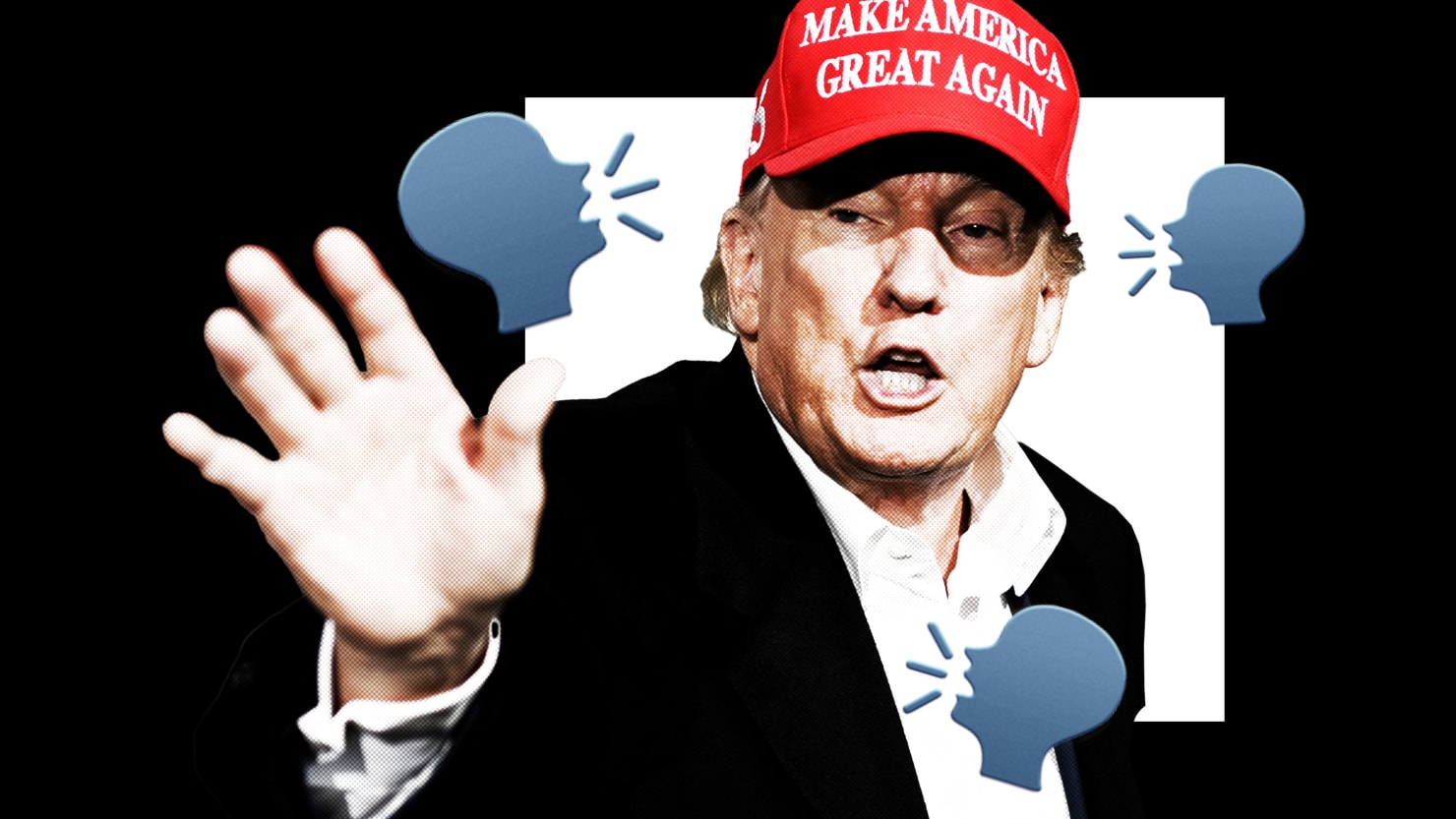The foreperson of the Fulton County Special Grand Jury in the case over whether former President Donald Trump violated Georgia laws is currently making the rounds in the media, sometimes saying provocative things. But despite howls of outrage from both the left and the right, the musings of Emily Kohrs are unlikely to have any effect on whether Trump or any of his inner circle get criminally charged.
The 30 year-old Kohrs was between jobs and unknown when she became the grand jury foreperson for the specially empaneled grand jury that worked for eight months to prepare its investigative report and recommendations. Her anonymity is no more—after granting interviews to CNN, CBS, and the Atlanta Journal-Constitution about her experience, including a description of grand jurors being driven to their cars under police escort in tinted-window vans that sounds like an espionage thriller.
Reactions to Kohrs’ interviews include commentators expressing worry that she is creating legal arguments that will be used by Trump and his allies to seek dismissal of any indictments issued.
Right-wingers—correctly sensing a high likelihood of indictment—have been pushing the spin that Kohrs’ remarks show the entire case against Trump is fake and tainted.
But legally it is highly unlikely that Kohrs’ behavior—whether proper or not—will affect either Fulton County District Attorney Fani Willis’ decision on whether to bring charges and whether those charges can be attacked before trial, even though it is likely that will be an avenue of legal attack.
To start with, Kohrs was the foreperson of a special grand jury that will produce only a report and recommendations. The special grand jury cannot issue indictments because the Georgia case precedent set by the Georgia Court of Appeals in Kennerly v. Georgia does not allow special grand juries to indict.
This offers insulation from any eventual charging decision, because if Fulton County District Attorney Fani Willis wants to charge, she must present evidence to a different non-special grand jury that is empowered to indict.
So if Trump and his allies want to attack an indictment as being flawed because of Kohrs’ comments, then they will have to argue that the initial fact-finding and recommendations were all irrevocably tainted by Kohrs after the special grand jury had already completed its work.
Timing is critical here because by the time Kohrs granted interviews, the special grand jury had not only made its report and recommendations, it had also been dissolved. Its job was done. As a matter of law and logic, whatever Kohrs did afterwards cannot affect the conclusions it reached. Unless, of course, her comments reveal some kind of extreme impropriety or bias that occurred during the special grand jury investigation. Thus far, however, there is no indication of such wrongdoings during the life of the special grand jury.
Kohrs may also not be quite as hapless as some may believe. She was careful to set out boundaries in her interviews and limit herself to what she understood the judge had instructed.
While it does appear that members of a special grand jury are subject to the same oath of secrecy that members of a regular grand jury are bound by, the most critical time for such secrecy is prior to an indictment. This is mostly critical to making sure that an investigation is not tainted by leaks.
In the Trump case, the investigation is already complete and certain remarks by Kohrs—like her observation about Sen. Lindsey Graham joking with the jurors—might technically violate secrecy rules but are unlikely to be shown to taint the grand jury’s conclusions. Some of Kohrs’ statements do appear more substantive, but that inquiry goes more to the question of whether Kohrs ran afoul of the judge’s instructions and not whether her statements can harm the integrity of an indictment.
As Andy Warhol famously remarked “in the future everyone will be famous for fifteen minutes,” and in this age of viral media speed, Kohrs is certainly enjoying her moment. Whether her 15 minutes have any substantive legal effect on Trump and his allies’ criminal culpability seems doubtful, but there is little doubt that Fani Willis and others are hoping that Kohrs’ time as a celebrity is almost up.






